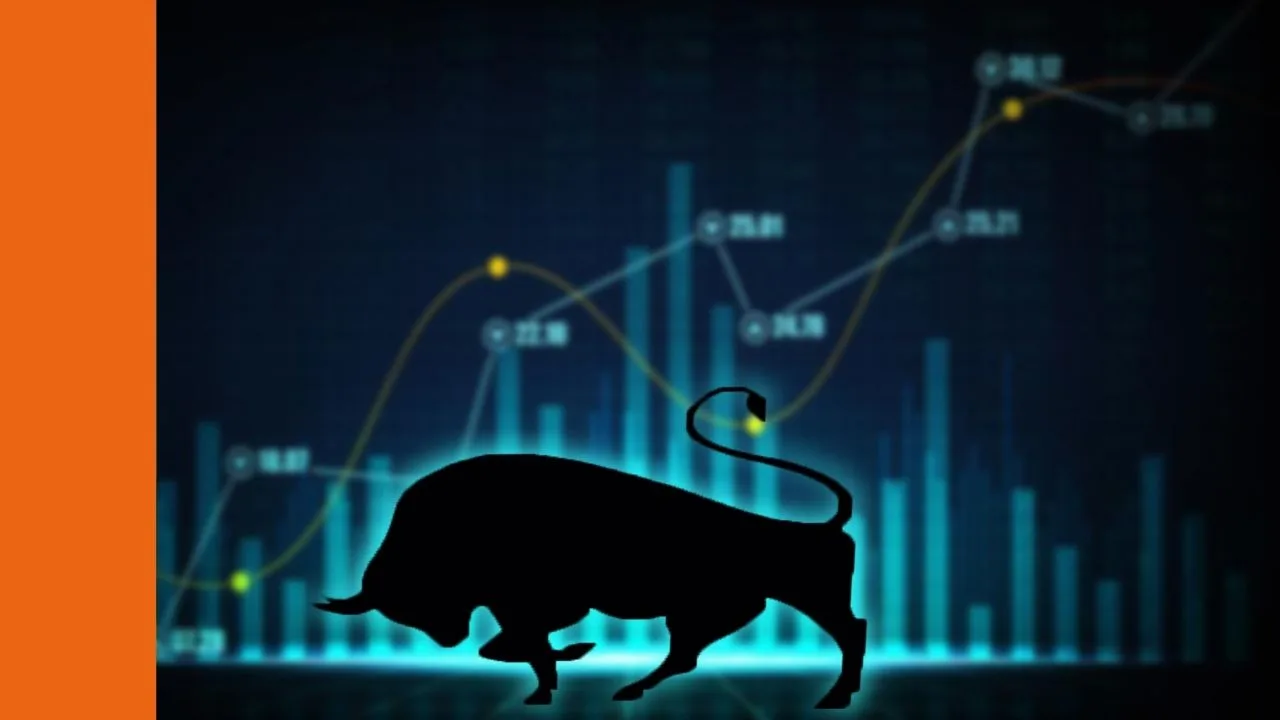Webjet Limited (ASX: WEB) released its FY20 result after the market shut, though the Webjet share price rose 7.6% on Wednesday.
Webjet’s FY20 result
Webjet announced that in FY20 its total transaction value (TTV) dropped 21% to $3 billion. There was obviously a big decline in the second half of FY20 with TTV of $687 million compared to $2.33 billion in the first half of FY20.
FY20 revenue dropped 27% to $266.1 million largely due to the decline of TTV.
Statutory EBITDA (click here to learn what EBITDA means) fell by 171% to a loss of $91.3 million. Underlying EBITDA, which excludes one-offs, dropped 80% to $26.4 million.
Webjet’s net profit after tax (NPAT) dropped 338% to a net loss of $143.6 million. Profit/earnings per share (EPS) also declined heavily – falling 275% to a loss of 82.1 cents per share. Even excluding the one-offs, the net loss was $42.3 million and per share it was a loss of 24.2 cents.
COVID-19 efforts
Obviously COVID-19 travel restrictions caused a huge decline in revenue and profit. Webjet took a number of actions to try to mitigate the impact and prepare for the recovery.
Costs were reduced by approximately 50% when looking at the FY20 fourth quarter’s average monthly operating expenses.
Webjet substantially improved its balance sheet after a $346 million capital raising and a EUR100 million note issue.
Management undertook an extensive reset of its strategic and operating initiatives to maximise its performance and market share.
At the end of FY20 Webjet had $320 million of cash on hand with $420 million of liquidity. The debt maturity was also extended to November 2020.
Outlook
Webjet expects WebBeds will be able to recover quickly thanks to the recovery of domestic travel quicker than international travel because of the timing of border openings. Webjet is aiming to emerge as the number one business to business player globally.
Management aren’t able to predict exactly when travel will return to normal. However, when it does, Webjet thinks that there will be unprecedented airline, hotel and tourism offerings as people rediscover the world.
Webjet said that it has deferred the interim FY20 dividend to 16 April 2021 due to market uncertainty. It didn’t declare a final FY20 dividend.
Before COVID-19 came along I thought Webjet was one of the best value businesses. If the world can return to normal within two years then Webjet may prove to be fairly cheap at today’s price. However, who knows how long it will take for global travel to return? It if takes longer than expected then Webjet isn’t cheap, on a per-share basis.
It’s not the type of bet I’d want to make. The capital raising was a good time to buy though. If an effective vaccine can be produced then Webjet may be worth buying. But there are other ASX growth shares I’d prefer to buy first like Bubs Australia Ltd (ASX: BUB) and Pushpay Holdings Ltd (ASX: PPH) which don’t rely on borders opening.






